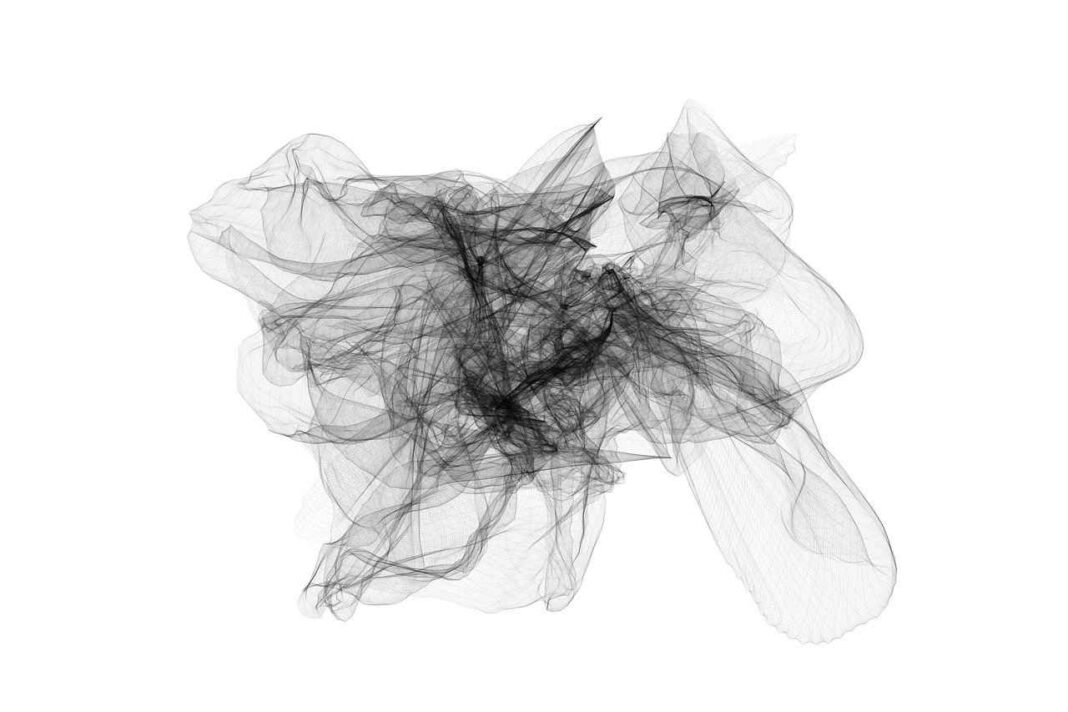Property investments can really twist our arm when it comes to rational thinking. Here’s a common scenario: you’re bidding on a house in a competitive market. The urge to win at all costs can be strong, but remember, it’s crucial to make responsible financial decisions. Consider a blogger from “The Writer’s Coin,” a young personal finance writer who’s contemplating buying a home with just 13% down. Despite his financial expertise, he’s falling into a common trap that many homebuyers face, which is letting emotions override financial wisdom.
It’s baffling how often people, even financial gurus, overlook basic principles when it comes to real estate. There’s a bizarre fixation with the down payment percentage—why stick to 13% when traditional advice suggests higher? Historically, people aimed to pay the full price upfront.
This trend of minimal down payments could stem from two main drives: the impulsive need to have everything immediately, and the nesting instinct, particularly strong among long-term couples planning for future children. However, if 13% is all you have for a down payment, you might want to reconsider your readiness to buy. What happens if you lose your job right after buying? A small down payment leaves you with little financial wiggle room.
Here’s a simple rule for buying a home: have at least 30% of the home’s price saved up before you purchase. For example, if you’re eyeing a $1 million property and can only afford a 13% down payment, you’re not ready. You’d barely cover two months of mortgage payments if things went south. Conversely, a $500,000 home with a 20% down payment and a 10% cash reserve provides far more security and financial stability.
The past 18 months have shown us the dangers of over-leveraging. It’s not just the individual buyers who suffer; the fallout affects everyone, including responsible renters and homeowners caught in the economic backlash. If you don’t have the financial buffer of at least 30% down, you’re not just risking your financial health—you’re placing a burden on the whole community.
Property investment should be approached with caution. It’s not likely that property prices will skyrocket suddenly, so take your time to save for a substantial down payment. Consider the property market like the stock market; if you miss out on one opportunity, another will surely come along.
In terms of mortgage shopping, it’s wise to compare rates from various lenders to ensure you get the best deal possible. And if you’re interested in property as an investment, consider platforms like real estate crowdfunding to diversify your investments without the heavy upfront costs typically associated with physical real estate.
In summary, buying a home is a significant financial decision and should be approached with careful planning and consideration of your long-term financial health. Don’t let the current market frenzy pressure you into making a hasty decision that could jeopardize your financial future.












































